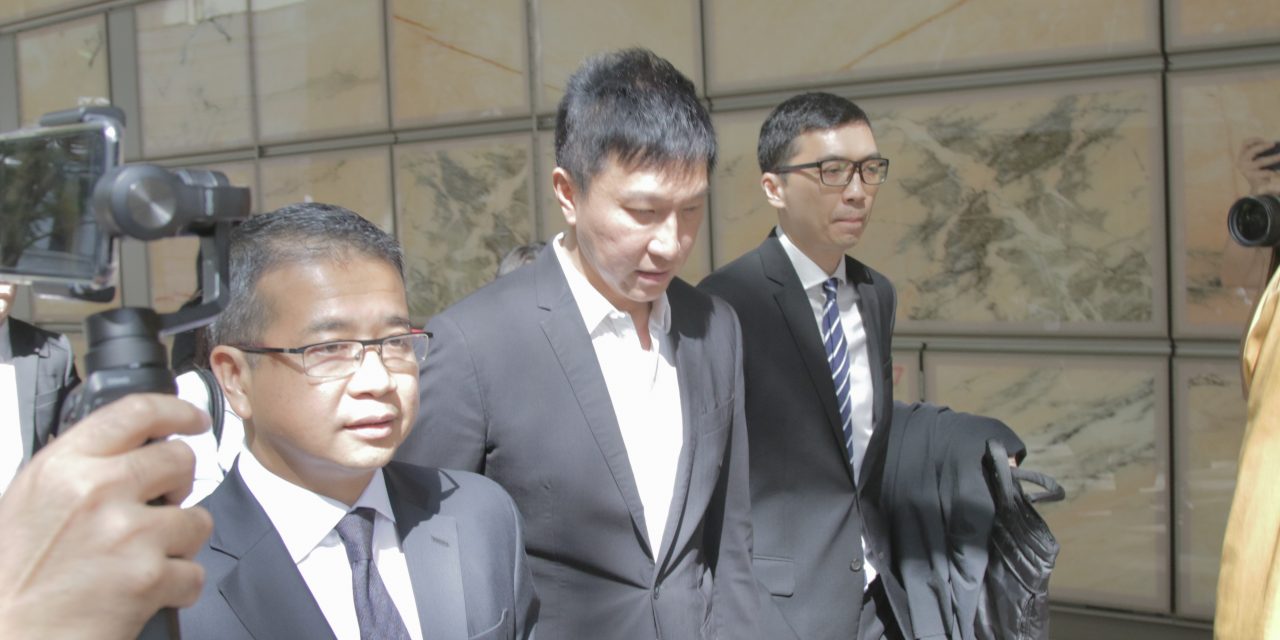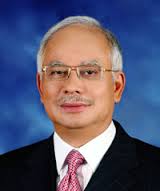Update
11 April 2017
According to AGC, the Prosecution has sought clarification on Monday (10 April), on questions of law to the Court of Appeal. AGC seeks appeal court’s clarification on whether a director or a member of the governing body of a company or organisation who is entrusted with property, or with any dominion over property would be considered as an agent for the purpose of section 409 of the penal code.
If the appeal court rules that a director is an agent for the above section of the penal code, future cases will be affected.
If the appeal court rules in the affirmative, directors will be afraid of taking decisions. If a board changes and a new board takes over, new directors may accuse the members of the old board of criminal breach of trust. This is more so if there was a business or project failure. Such revenge taking is not unheard of. This will lead to abuse of law.
10 April 2017
The High Court reduced the sentences of six City Harvest Church(CHC) leaders on hearing the appeal. The decision came as a relief to the church leaders and members. It was a surprise to others.
The substantial reduction in the sentences is not conducive to the clean image of Singapore and the official policy of zero tolerance of corruption. Punishment alone is not sufficient to deter corruption. The foundation that Singapore has put in place to fight corruption will not be eroded by this judgement.
The reduction in the punishment came about because the majority of the judges viewed that simple criminal breach of trust (Section 406) would apply for this case and not the aggravated criminal breach of trust under Section 409 of the Penal Code. The dissenting judge felt that the mitigating circumstances did not apply to this case and therefore the sentences should not be reduced.
The three judges, Chao Hick Tin and Justices Woo Bih Li and Chan Seng Onn, are highly respected among the legal luminaries.
This case stands out because of the huge sum of money involved – some $50 million. The money came from the church members. The church members did not see anything improper in the way the money was spent. This is seen from the full house of the church when pastor Kong Hee appeared in the church yesterday. The church members believe that an investment was made which would have paid handsome dividends to the church, if it succeeded. But unfortunately, it failed. That is probably why they are still supporting the pastor.
Those who crafted the penal code saw it necessary to have two sections (406 and 409) to apply for criminal breach of trust. Section 409 applies to “a banker, a merchant, a factor, a broker (or) an attorney” to whom a client entrusts his money or property. The court felt that a director did not act in such capacity of an agent.
A director may recommend investment in a project. If the project fails, he may be accused of criminal breach of trust. Therefore, directors will be afraid of making decisions on new projects. Kong’s lawyer, Senior Counsel Edwin Tong, argued that even if CHC founder Kong Hee had put church funds to the wrong use, he did so in good faith and there was never any dishonesty behind it.
In the past, directors were tried under section 409 and not under 406. There will be shift in the way breach of trust is prosecuted in the future. It is now up to the Attorney General’s Chambers and the Law Ministry to make the next move. Any future amendment to the penal code will not apply to this case.
There is yet another level of appeal – Court of Appeal. Either Attorney General or the defence can appeal. The appeal can only be on the issue of law which is of public interest. This case is of public interest.













